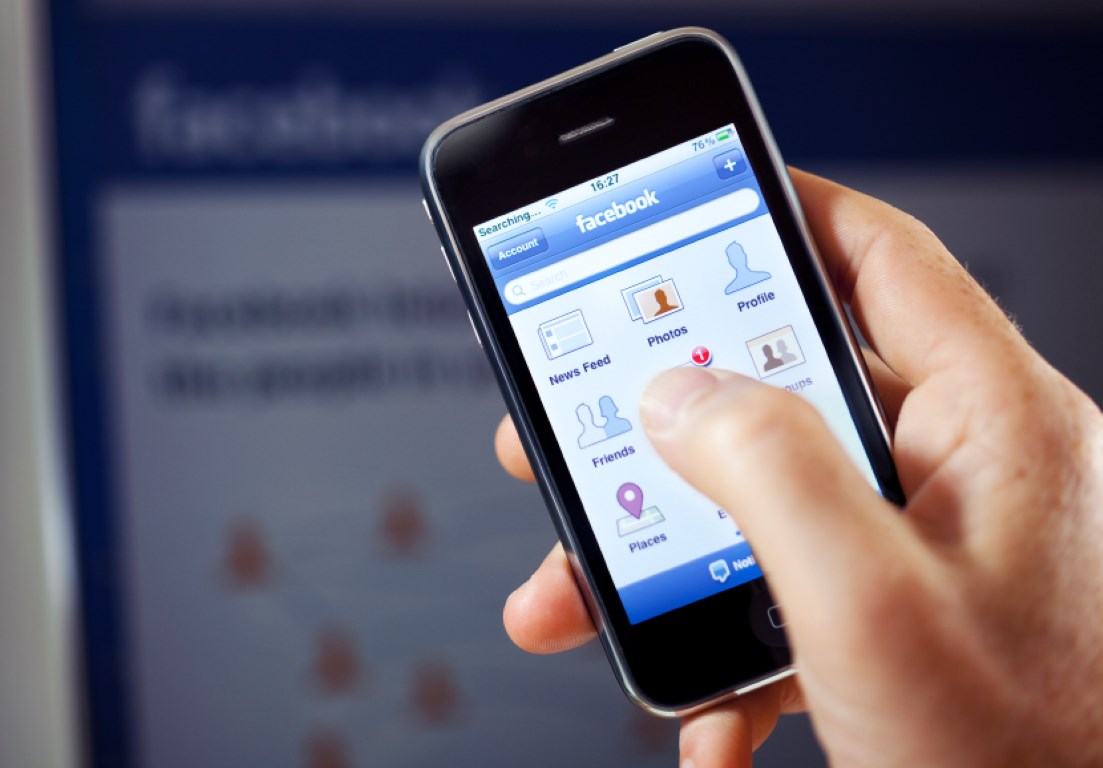The power of social media
November 1, 2017 | Expert Insights

Executives from Facebook, Google and Twitter were grilled by members of the US Congress over Russia. This was the first time these companies were under scrutiny since they admitted that Russian troll farms had placed ads and promoted posts.
Background
The consensus among the intelligence agencies in the US is that Russia conducted an “influence” campaign to harm Hillary Clinton’s presidential bid. In September 2017, social media giant Facebook admitted to finding approximately $100,000 worth of ads connected to Russia. Alex Stamos, Chief Security Officer took to Facebook and wrote about the developments noting, “In reviewing the ads buys, we have found approximately $100,000 in ad spending from June of 2015 to May of 2017 — associated with roughly 3,000 ads — that was connected to about 470 inauthentic accounts and Pages in violation of our policies. Our analysis suggests these accounts and Pages were affiliated with one another and likely operated out of Russia.”
In the recent weeks, other online platforms such as Google and Twitter have admitted to finding evidence of Russian interference. It has been reported that Russian operatives spent tens of thousands of dollars on ads on YouTube, Google Search products and Gmail especially related to the 2016 Presidential elections. Nearly $4,700 was spent by accounts connected to the Russian government on search and display ads in Google. Additionally, operatives from Russia reportedly spent $53,000 on pointedly political ads. Google released a statement noting, “"We are taking a deeper look to investigate attempts to abuse our systems, working with researchers and other companies, and will provide assistance to ongoing inquiries.”
Analysis
Executives from Facebook, Google and Twitter were grilled by members of the US Congress over Russia. This was the first time these companies were under scrutiny since they admitted that Russian troll farms had placed ads and promoted posts.
Facebook has revealed that around 126 million users in the United States alone may have seen posts, stories or other content created by Russian government-backed trolls around Election Day. In addition, Russian players were also involved in creating events geared at driving divisions in America. Senator Christopher Coons cited a Facebook event where Russian actor had succeeded in organizing a “Miners for Trump” rally in Pennsylvania. “Russians trying to influence our election duped Americans in Pennsylvania into coming to an event which was nothing but a fake.”
Colin Stretch, Facebook's general counsel, outlined the company's new guidelines during an exchange about the letter. He said, “One is, we are -- we are tightening our content guidelines as they apply to ads with respect to violence. So much of the content that is so disturbing ... involves threats of violence towards community and that has no place on Facebook and it certainly has no place.”
During the hearing, Republican Senator John Kennedy asked whether either North Korea or China had purchased ads on Facebook. The company’s representative said that they could not be sure of that possibility. Kennedy replied incredulously, “How could you be aware. The truth of the matter is you have 5 million advertisers that change every month, every minute, probably every second. You don't have the ability to know who every one of those advertisers is today, right now.”
Twitter's acting general counsel Sean Edgett said the company had been were aware of Russian attempts to use the platform to affect the election and took immediate steps to stop it. "We have banned all those users as advertisers," he said. "Twitter believes that any activity of that kind, regardless of the magnitude, is unacceptable." Twitter said that 2,700 accounts specifically were linked back to the Kremlin organization called the Internet Research Agency.
Google has revealed that it was able to trace 18 YouTube channels associated with the Kremlin’s disinformation efforts. All the tech giants have insisted that the Russian-sponsored disinformation is disconcerting, but they have also stated that these efforts constituted to only a small portion of ads purchased in these platforms. Several senators has expressed concerns about fake campaigns that implored people to vote online or by text, when no such option was available.
Such disinformation campaigns have also been observed in other presidential elections such as the French Presidential election in 2017.
Assessment
Our assessment is that these hearings prove that online platforms have become one of the most powerful forces influencing nearly every facet of the society. This is a concern for governments across the world as it will become near-impossible to adequately police such platforms. This makes democracies all the more vulnerable to external players.








Comments